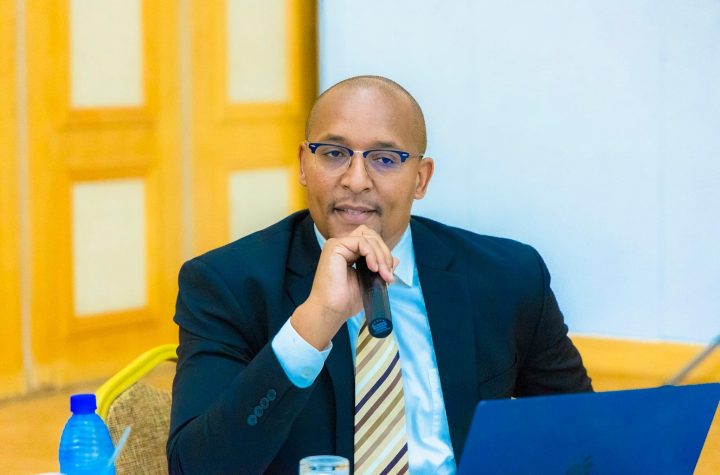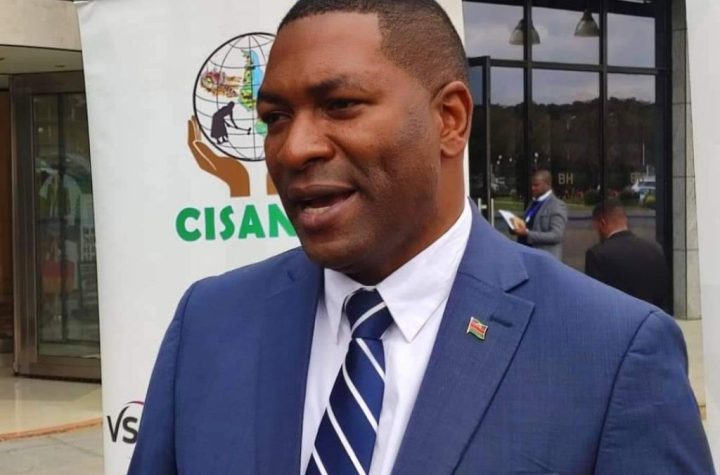
..MCP to re-conduct primaries
The High Court in Mzuzu has declared the May 11 Malawi Congress Party (MCP) primaries invalid, ordering it to conduct fresh polls.
Trade Minister Vitumbiko Mumba challenged what he called internal conspiracy to deal with him lead by Secretary General Richard Chimwendo Banda. He resigned from the party National Executive Committee in protest.

The High Court cited a litany of gross procedural irregularities, blatant bad faith, and deliberate manipulation of internal party processes. The Court’s decision sent shockwaves through the political landscape, as it mandated a fresh primary election be conducted under proper guidelines, marking an unprecedented intervention in the internal affairs of a major political party. The MCP says it will comply with the order.
The ruling unequivocally found evidence of electoral manipulation, concluding that key party officials, with vested interests in the outcome, presided over a process riddled with deliberate exclusion and intentional bypasses of established procedures to benefit a specific candidate, Adamson Mkandawire who was second defendant in the case.
“This is not merely procedural laxity. It is electoral manipulation that offends both democratic norms and the rule of law,” the court asserted, referencing the precedent of Banda v Malawi Congress Party to underscore the judiciary’s duty to intervene when internal party processes are compromised or the right to political participation is unjustly denied.
Among the damning findings, the court highlighted that the MCP as a major political party, failed to notify the Mumba of the election’s date, venue, or time. Then, in a move deemed a critical procedural breach, the venue was abruptly changed from Chamaliwa Primary School to Katunguwiri School, some 40km away, without official communication or logistical support. This sudden shift, the court found, disenfranchised several delegates, effectively denying them their right to participate.
Compounding the chaos, amid violence at the original venue, the MCP team unilaterally switched from the prescribed secret ballot to a queue voting system. This dramatic change occurred without formal approval from the party’s National Executive Committee (NEC) or consultation with aspirants, actions the court found directly disadvantaged the Mumbas’s delegates.
Furthermore, the Judge noted the credibility of the entire exercise was undermined by the NEC’s failure to verify all thirteen new Area Committees before the election, and the deliberate exclusion of the Mumbas’s team from this crucial process. Only three areas of St Leo, Mongola, and Samala were verified, with the selection process lacking transparency and authentic areas reportedly excluded without explanation.
The court heavily cited on legal precedents including former MCP President case of Gwanda Chakuamba v Dr. Peter Chiona to emphasise that while political parties enjoy a degree of internal autonomy, they are undeniably bound by their constitutions and the principles of natural justice.
The Judge stated that internal elections are not immune to judicial scrutiny, reaffirming that Section 40 of the Malawi Constitution guarantees the right to participate in political activities on an equal footing. The court declared that the party’s conduct “offend[ed] both party rules and constitutional principles,” falling short of the standards for a lawful, fair, and democratic election.
“Even if a proper voter list had been used,” the court asserted, “the election outcome would still be unacceptable due to the undisputed violence and intimidation that marred the event.”
It found no justification for proceeding under such hostile conditions, stating the poll should have been postponed. The court even went a step further, suggesting that if any candidate was involved in sponsoring the violence, they should have been disqualified.
The court granted Mumba, who was represented by Khumbo Bonzoe Soko, both declaratory and injunctive relief. The court acknowledged that while the party’s constitution grants the NEC authority to manage primaries, this power must be exercised lawfully and fairly.

The Judge noted the established practice where Area Committees form the basis of an electoral college, a practice reaffirmed by a NEC resolution on January 10, 2025, which stipulated that nine members from areas active in the 2019 elections, and any new areas properly endorsed, should participate. The court clarified that while the NEC did not deviate from these practices in principle, it condemned how those very structures were manipulated to undermine the integrity of the primaries.
Judge Kishindo ordered the MCP to conduct a fresh primary election in Mzimba Central, strictly adhering to the NEC’s January 2025 resolution. Each party to the case will bear their own legal costs.





More Stories
MACRA DG Daud Sulieman fired
West, not east gives Malawi more
Bank cartels fleece Malawi forex